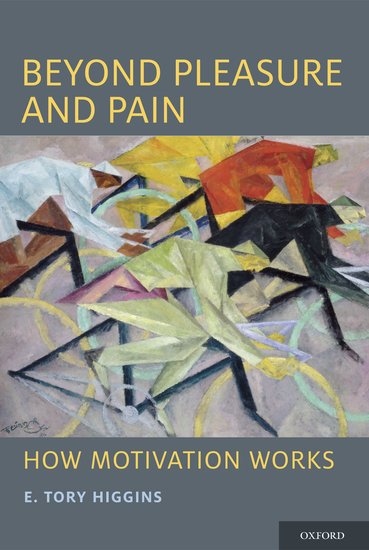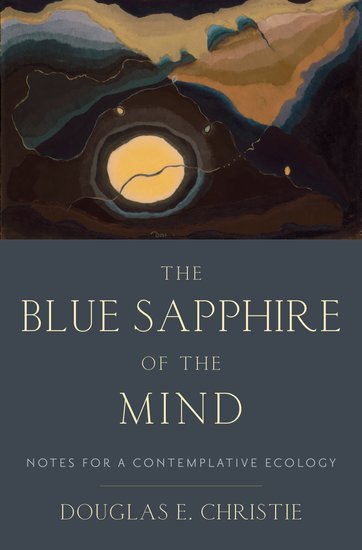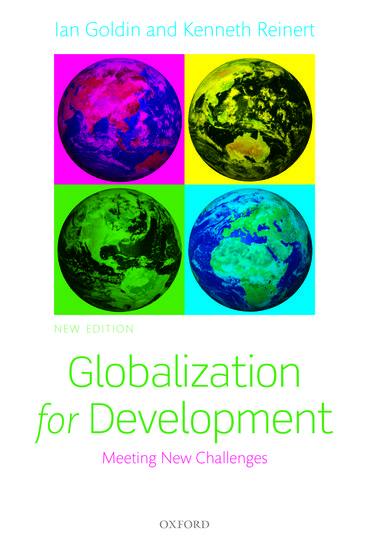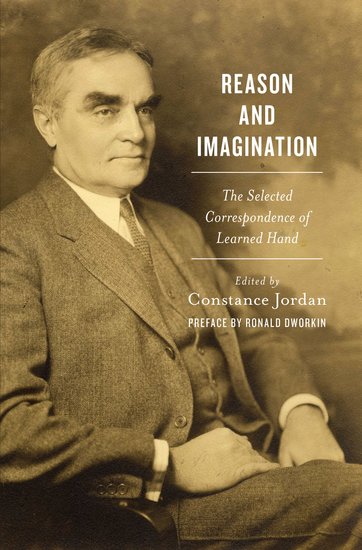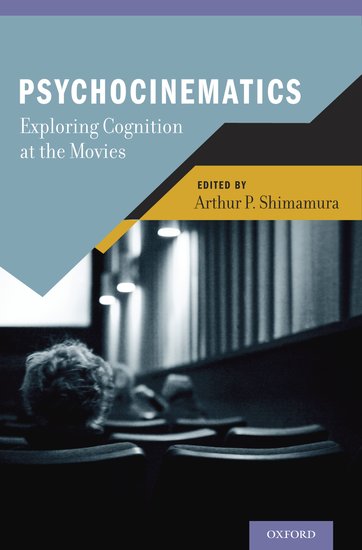Examining photographs of Einstein’s brain is not phrenology!
By Dean Falk, Fred Lepore, and Adrianne Noe
Imagine that you return from work to find that a thief has broken into your home. The police arrive and ask if they may dust for finger and palm prints. Which would you do? (A) Refuse permission because palm reading is an antiquated pseudoscience or (B) give permission because forensic dermatoglyphics is sometimes useful for identifying culprits. A similar question may be asked about the photographs of the external surface of Albert Einstein’s brain that recently emerged after being lost to science for over half a century.



